Ecologically , the North Sea has been in trouble for many years. Some species are on the brink of collapse and there is a lot for conservationists to worry about.
Some recent findings are giving hope that improvements are being made for a few species.
There are signs of a resurgence of marine life such as dolphins, whales and seals and the return of lost species such as bluefin tuna.
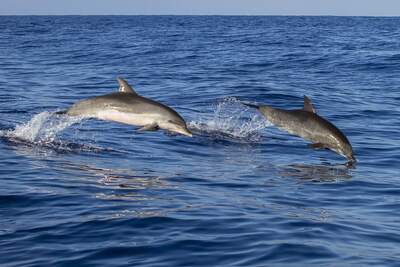

Dolphins leaping from the sea is becoming a more common sight in the North Sea
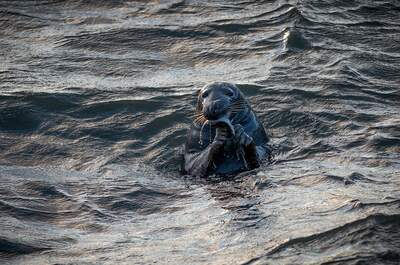

Grey seal eating a fish in the grey sea
Efforts by European countries to enforce stricter fishing quotas, marine protected areas, and sustainable practices have reduced overfishing and allowed species to recover. This is making it possible for large predatory animals such as bluefin tuna, whales and dolphins to return to the area.
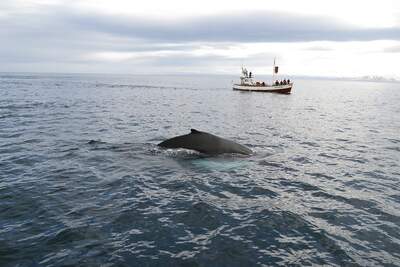

Whale breaking the surface for a breath close to a fishing boat.
Environmental regulations on waste disposal and reduced industrial activity in some regions have improved water quality, making the North Sea more hospitable for marine life.
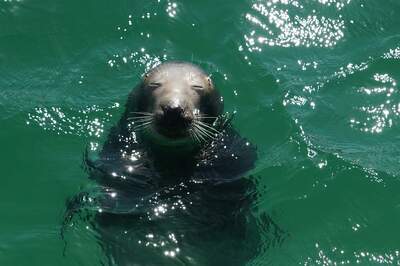

A seal relaxing in the sea.
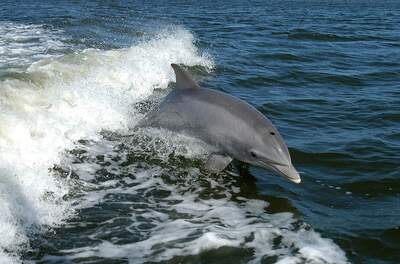

A bottlenose dolphin riding a boat wake while taking a breath.
Ongoing initiatives to restore sea-beds, protect breeding grounds, and maintain the balance of the marine food chain have played a critical role.
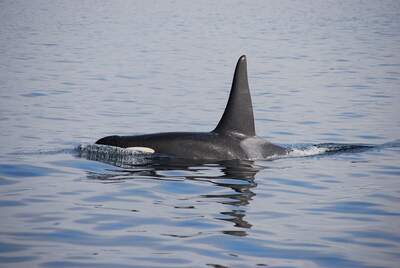

An Orca whale breaks the sea surface with it's massive upright fin indicating that it is well fed and healthy.
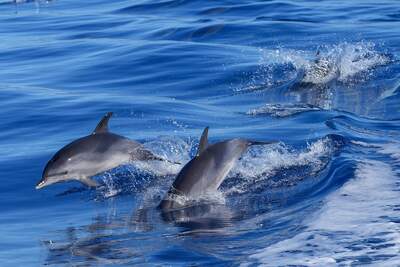

Dolphins leaping over boat wake. These intelligent animals enjoy playing and would have swam towards the boat to have some fun with their friends.
This is encouraging news for conservationists and local economies dependent on sustainable fishing and ecotourism. However, continuous efforts are necessary to address challenges like climate change and accidental bycatch to ensure long-term stability for these populations.
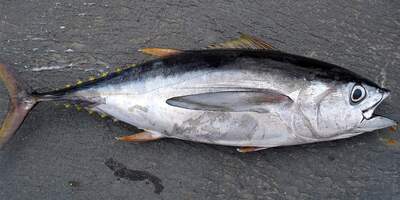

Yellowfin and bluefin tuna are reported to be making a return to the North Sea
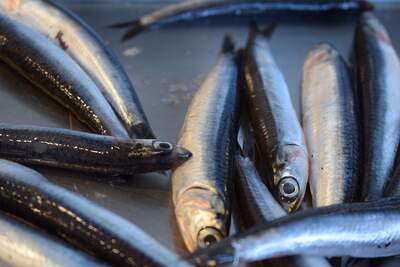

Herring on a plate. If we take less then other species benefit.
In the past we caught too many tuna and their food, the herring, mackerel and other small fish. If they are indeed returning then this is an indication that we are slowly repairing the decades of damage inflicted by human industry and over-fishing.
The North Sea has been a dumping ground for several advanced industrial nations. Most notably UK, Germany, France, Netherlands, Norway, Denmark, Belgium and others.
Too many resources have been exploited and wildlife have paid a heavy price.
 Jane Duncan
Jane Duncan
People have to eat. But we need to control the amount we take from any single resource or area. This is not only for the environment and other species, but also for future generations of people. If we take too much, the ecosystem can collapse and everyone and everything suffers.
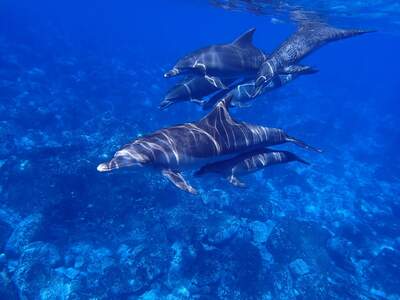

Family of dolphins underwater. This beautiful family and millions more are at the mercy of our actions and decisions.
 Helena Montgomery
Helena Montgomery
The North Sea is still very busy with human activity but with careful management, we can go about our business and keep the area healthy and natural.
More on this story at >> The Guardian
Related Headlines
Hundreds Of Contaminated Sites In Colombia
Ecopetrol Oil Pollution CrisisNorth Sea Ship Fire
Oil Tanker And Cargo Vessel Collide In The North SeaNo Storage Wasting Wind Power
UK Taxpayers Paying 125 Million Per Month To Shut Down Wind FarmsChinese Dual Approach To Energy
China Advances In Renewables Amidst Contrasting Coal ExpansionImplications For Global Oil Markets
United States Plans To Refill Strategic Petroleum Reserve 









